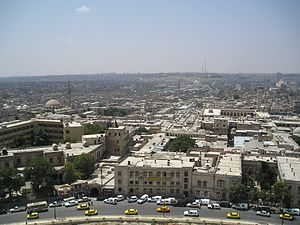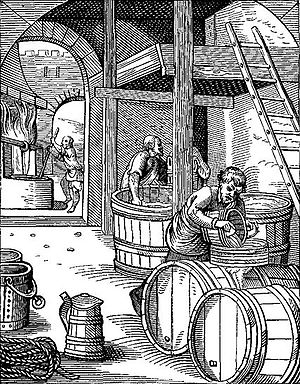 Image by mharrsch via Flickr
Image by mharrsch via FlickrIn Gettysburg Passage, an Amazon.com action-fantasy novel by John Callahan, the main character, Rick Reynolds, is given a strange artifact from the ancient past. This relic, found on the streets of Washington, D.C., appears to have possibly supernatural powers and may have been an important icon or symbol for past Patriarchs. The artifact appears to have will of its own. It's influence seems to be driving him to "act now!" and to disrupt his modern, daily, comfortable routine.
Should Rick and his friends heed this "call to action"? Can something we do today really change the world, the past or the future? Would it be wrong to change the past, or to at least shape it in a certain direction? Go to Amazon and check out the many reader reviews for yourself. Gettysburg Passage, only $2.99. As for "act now," that's your call! ;-)
Key related terms: Civil War, Ur, Indo-European, Washington, D.C., religious patriarchs





























